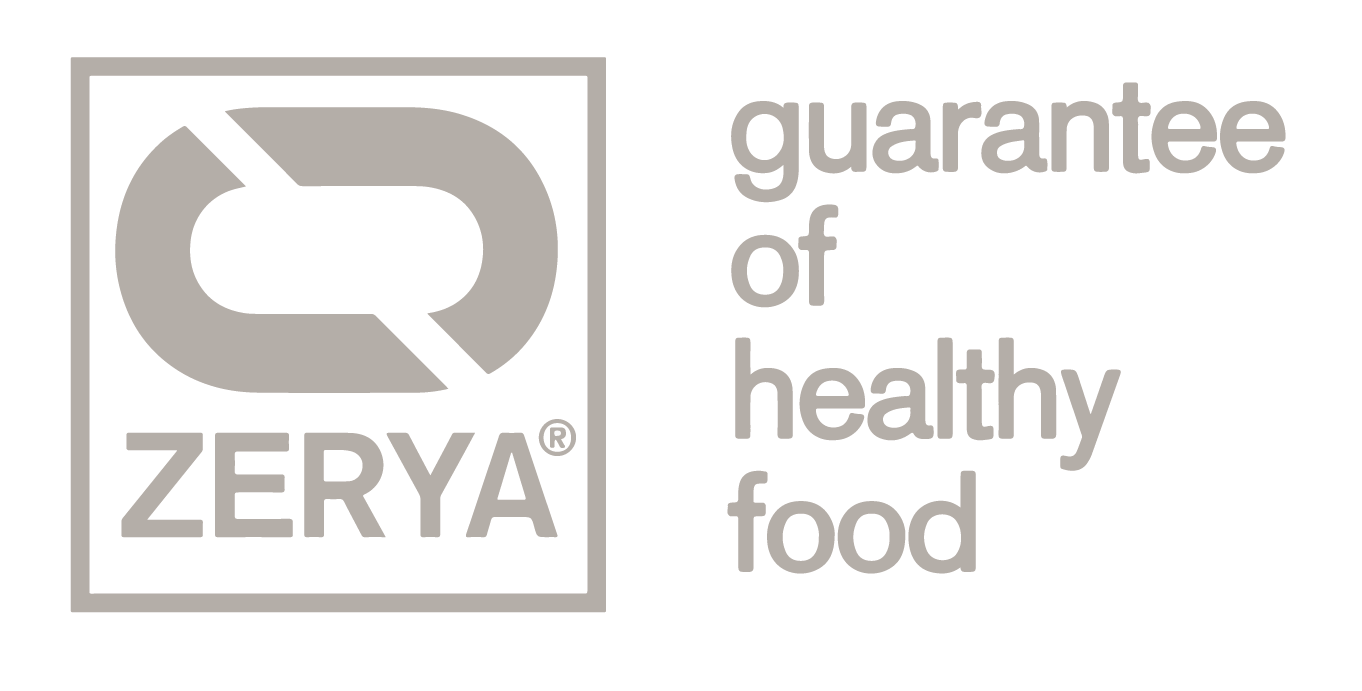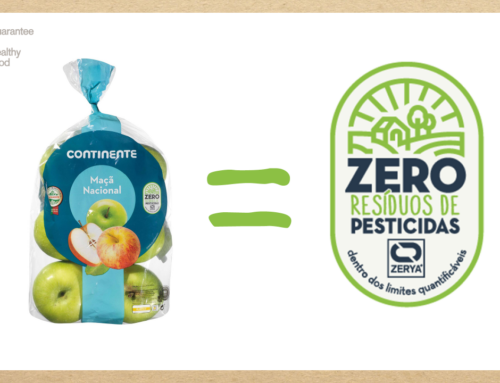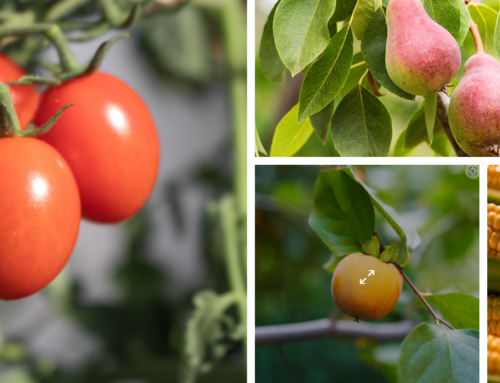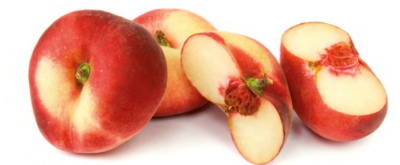
Sustainable production and supply chain in stone fruit
In Europe, methods for residue-free production of vegetables and arable crops are relatively widespread and are in demand by both the retail and food processing sectors. However, this method was not widely applied to stone fruit production, although consumers’ nutritional habits are changing. This LIFE project developed a method for “Zero Residue” (ZR) production for stone fruit, which was then applied to all steps of the supply chain to produce, preserve and market these residue-free fruits. 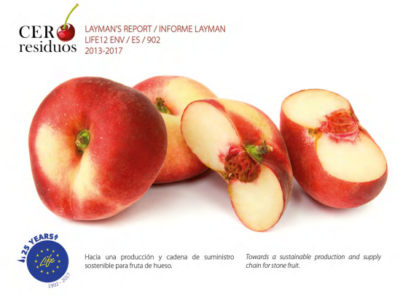
How is this done?
Development of the ZR production method for stone fruit by rationalizing the use of phytosanitary products and implementing innovative production, harvesting and post-harvest sorting technologies. This process is then certified as ZR with a third-party audit. Low-impact post-harvest preservation through Active Modified Atmosphere Packaging (AMAP), Controlled Atmosphere in cold chamber (CA) and on pallets (Palliflex). ZR fruit as an input for the production of baby food to reduce waste. Ongoing evaluation of ZR product quality and shelf life. Supermarket promotion and evaluation of consumer perception.
What does ‘Zero Waste’ mean?
The term ‘zero residue’ (ZR) refers to an agricultural method that produces certain levels of plant protection product residues below an analytical threshold detected as LMR
Main benefits and results
Improvements in many environmental aspects
- Decreasing the use of pesticides
- Reducing soil degradation
- Preventing groundwater contamination
- Reduce food loss
Increased shelf life of harvested fruit.
- New microperforated packaging
- Selection of optimal storage conditions for each fruit.
- The organoleptic properties are preserved for longer.
- Creating a new trend for healthier fruit production
- Production of 5 varieties of stone fruit without waste, healthier and with high organoleptic quality at a more competitive price.
- Development of a new product suitable for infant feeding Industry made from peach, nectarine and flat peach pulp.
Results
- ZR methodology that allows the abandonment of persistent pesticides and thus allows it to be certified as 100% ZR.
- An increase in shelf life of up to 7 days was recorded and trials demonstrated an improvement in the quality and taste of the produce, resulting in 25% of all consumers being willing to pay higher prices for ZR products.
- The methodology also meets residue-free certification requirements, providing superior commercial assets for the marketing and infant food industry.
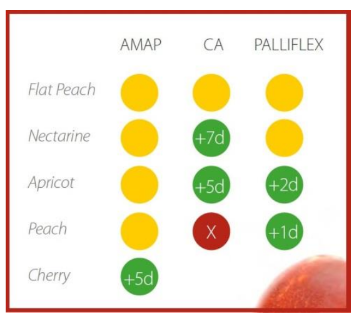
Quality parameters measured include firmness, organoleptic analysis, damage to the fruit and the presence of unexpected aromas Positive effect | No benefits | Negative effect
